The Indian National Congress (INC), once a dominant force in Indian politics, has faced significant challenges in recent years. Despite efforts to rejuvenate the party, including organizational changes and nationwide campaigns, Congress’s influence has waned, leading to introspection about its future trajectory. The party’s declining electoral fortunes, coupled with internal struggles, have prompted a serious reassessment of its leadership and strategy. However, the party’s difficulties are not solely due to internal factors—external influences such as media management, the actions of investigative agencies like the ED and CBI, and even the role of the Election Commission have played pivotal roles in shaping the political landscape that has heavily impacted Congress’s progress.
Organizational Challenges and Leadership Dynamics
A prevailing sentiment within Congress is that bureaucratic reshuffles at the leadership level are insufficient without grassroots engagement. Many leaders appointed to key positions lack direct connections with the masses, leading to a disconnect between the party’s leadership and its traditional support base. This detachment is exacerbated by the perception that a significant portion of Congress members exhibit ideologies akin to those of the Rashtriya Swayamsevak Sangh (RSS) and Bharatiya Janata Party (BJP), diluting the Congress’s distinct political identity.
Rahul Gandhi’s leadership has been a focal point of debate within the party. Despite initiatives like the Bharat Jodo Yatra aimed at uniting the nation and revitalizing Congress’s image, the impact has been mixed. While the Yatra garnered attention and temporarily boosted Gandhi’s approval ratings, translating this momentum into sustained electoral success has proven challenging. The party’s performance in subsequent elections, such as the 2019 general elections, reflected persistent struggles, with Congress securing only 52 seats—a marginal improvement from the previous election, but still a distant cry from its former glory. The loss of political momentum has left Congress grappling with the dilemma of reinvigorating itself while dealing with internal divisions.
Rahul Gandhi’s Struggle for a Vision and Leadership
One of the primary criticisms of Rahul Gandhi’s efforts to revive Congress is the perception that he lacks a clear and compelling vision for the future. While he has undertaken initiatives like the Bharat Jodo Yatra to galvanize support, the absence of a well-defined ideological or policy framework has left many wondering what Congress stands for in the post-Modi era. The Congress leader’s statements have often been seen as ambiguous or contradictory, with no concrete plans on how to move the country forward if the party were to return to power.
In one such instance, Rahul Gandhi remarked that if Congress came back into power, it would not reverse the controversial policies or actions implemented by the Modi government, including matters related to corporate giants like Adani and Ambani. This statement has sparked concern among both party supporters and critics. Many believe that for Congress to challenge the BJP effectively, it must differentiate itself and propose a clear, alternative roadmap. Gandhi’s reluctance to commit to significant changes or address the deep concerns about corporate influence on politics has led some to question whether Congress can truly emerge as a viable alternative to the BJP’s dominance.
Electoral Performance: The Ups and Downs
Congress’s electoral journey in the past decade has been a mix of victories and defeats, highlighting its ongoing struggles and occasional glimmers of hope.
- 2014 General Elections:
The 2014 general elections marked one of the darkest periods for Congress. The party suffered a massive defeat, securing just 44 seats in the Lok Sabha, its worst performance in history. The rise of Narendra Modi and the BJP’s dominance pushed Congress to the periphery of national politics. This loss marked the beginning of a period of introspection and leadership changes. - 2017 State Elections (Punjab):
A brief but significant victory came in 2017 when Congress won the Punjab state elections, defeating the Akali Dal-BJP alliance. This victory boosted Congress morale and offered a glimmer of hope that the party could still connect with voters at the regional level. Captain Amarinder Singh’s leadership played a crucial role in this success. - 2018 State Elections (Rajasthan, Madhya Pradesh, Chhattisgarh):
In 2018, Congress made a strong comeback in the state elections, winning in Rajasthan, Madhya Pradesh, and Chhattisgarh. These victories were seen as a significant achievement, particularly against the backdrop of BJP’s dominance. However, the inability to translate these successes into a national resurgence indicated a deeper issue of leadership and strategy at the national level. - 2019 General Elections:
The 2019 general elections were a major setback for Congress. Despite the Bharat Jodo Yatra and attempts at rallying the masses, the party managed only 52 seats. This result confirmed the perception that Congress was no longer a strong national contender and that its leadership was increasingly viewed as disconnected from the electorate. Modi’s wave continued to dominate, and Congress struggled to present a viable alternative. - 2020 Delhi Assembly Elections:
The 2020 Delhi Assembly elections saw Congress take a distant third place, with the Aam Aadmi Party (AAP) consolidating its position in the capital. Congress’s declining influence in Delhi reflected the party’s struggle to regain relevance in urban areas, particularly in states where it once held sway. - Recent State Elections:
Congress has managed to secure some state-level wins, such as in Rajasthan and Karnataka, but its national appeal remains in question. While these victories have provided hope, they have not been enough to challenge the BJP’s hold on the national stage.
Congress Corruption Allegations and the Role of Investigative Agencies
One significant factor that has hindered Congress’s ability to regain ground is the constant accusations of corruption that have been levied against some of its leaders over the years. These allegations have been a tool used by rival parties, particularly the BJP, to tarnish Congress’s image and erode its credibility.
Moreover, the Enforcement Directorate (ED) and the Central Bureau of Investigation (CBI), both of which are supposed to be independent investigative agencies, have often been accused of politically motivated actions. Several Congress leaders, including former Finance Minister P. Chidambaram and party leader Sonia Gandhi, have faced investigations that many critics believe are more about suppressing the opposition than delivering justice. These actions by the ED and CBI have contributed to the perception that Congress is being unfairly targeted, which further alienates the party’s supporters.
Additionally, the manner in which these agencies operate in Congress-ruled states, compared to BJP-ruled states, is often seen as biased. This disparity has added to the party’s sense of victimhood, where Congress feels it is being unfairly punished, while BJP members are allowed to operate without facing similar scrutiny.
The Role of the Election Commission and Media Management
The Election Commission of India, which is tasked with overseeing the fairness of elections, has also come under scrutiny in recent years. Allegations have been raised that the Election Commission has been lenient in addressing issues of electoral malpractice during BJP’s rule. Critics argue that the impartiality of the commission has been questioned, especially in light of the BJP’s electoral victories.
Moreover, the role of media in shaping public opinion cannot be ignored. The dominance of pro-BJP media outlets has often tilted the playing field, with Congress struggling to present its narrative. BJP has effectively utilized both traditional media and social media to build a strong narrative, while Congress has failed to match its rival in terms of media outreach and communication.
Grassroots Engagement and Media Strategy
To reclaim its political footing, Congress must prioritize grassroots engagement. This involves not just appointing leaders with mass appeal but also implementing policies and programs that resonate with the everyday concerns of citizens. Strengthening local party units, fostering community-based initiatives, and ensuring that leaders are accessible and attuned to grassroots issues are crucial steps in this direction.
Equally important is Congress’s approach to media management. In the digital age, effective communication is paramount. The party needs to harness both traditional and new media platforms to disseminate its message, engage with the electorate, and counter narratives from rival parties. A robust media strategy can amplify the party’s reach, shape public perception, and mobilize support.
The Role of the Nehru-Gandhi Family
The Nehru-Gandhi family’s influence within Congress remains a double-edged sword. While figures like Rahul and Priyanka Gandhi bring recognition and a sense of continuity, their leadership is often viewed through the lens of dynastic politics, which can alienate certain voter segments. Priyanka’s recent entry into active politics, including contesting elections, has injected a new dynamic into the party. Her perceived charisma and fresh approach have been seen as potential catalysts for change, though challenges persist in translating this into widespread electoral success.
Conclusion
For Congress to reclaim its stature, a multifaceted approach is essential. This includes genuine grassroots engagement, strategic media utilization, a reevaluation of leadership dynamics, a shift in its approach towards corruption accusations, and a more cohesive strategy that addresses the challenges posed by investigative agencies and media manipulation. Moreover, Rahul Gandhi must take a clearer, more decisive stand on issues that matter to the electorate, particularly on matters where the Congress needs to differentiate itself from the BJP. Only through such comprehensive reforms can Congress hope to reinvigorate its base, attract new supporters, and position itself as a formidable force in India’s political landscape.
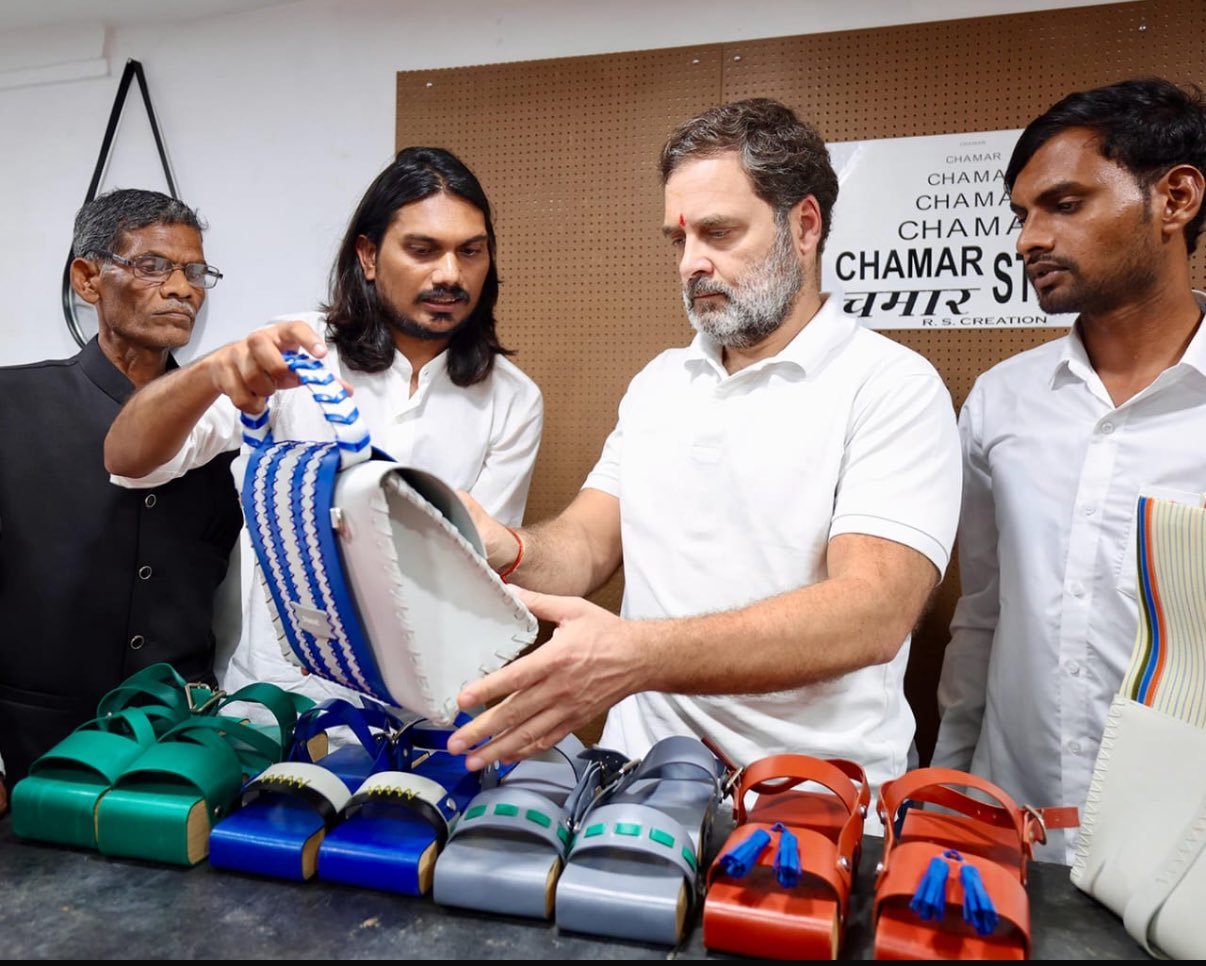
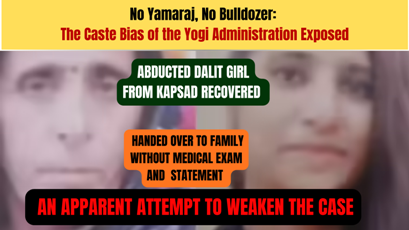


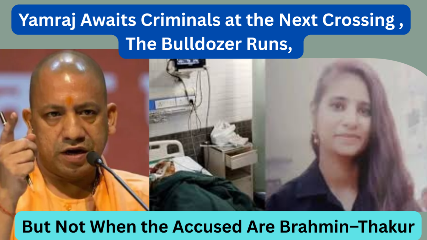
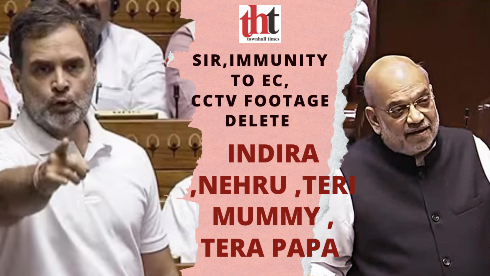

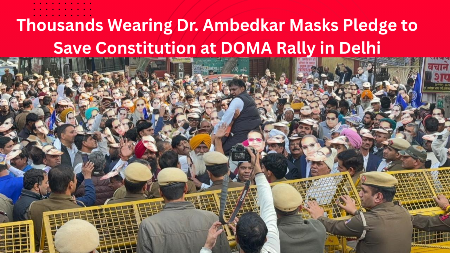
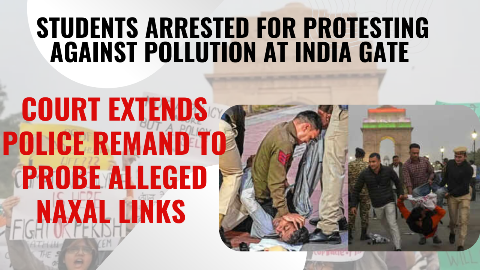

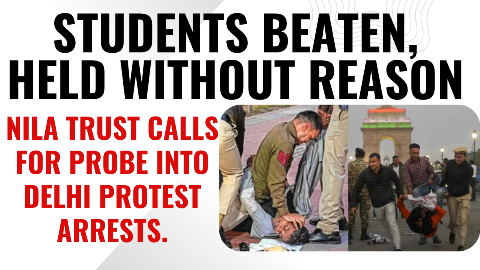
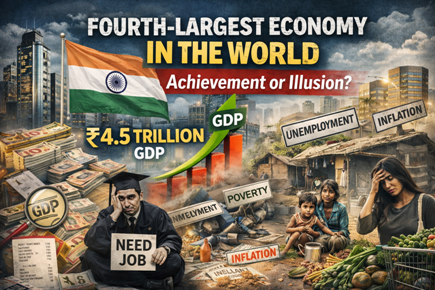
Leave a Reply